Description
Aparajita, Clitoria ternatea, Gokarna – plant
The Aparajita plant, scientifically known as Clitoria ternatea, is a botanical marvel that seamlessly marries elegance and utility. With origins tracing back to Asia, this enchanting plant effortlessly graces both indoor spaces and outdoor gardens, making it a cherished addition to nature enthusiasts’ collections.The Aparajita plant, commonly called the Butterfly Pea, boasts delicate blue flowers that resemble fluttering butterflies. Revered for its cultural significance and therapeutic properties, it holds a special place in traditional remedies and modern wellness practices. Originating in tropical regions of Asia, including India and Southeast Asia, the Aparajita plant’s vivid blooms have been treasured across cultures for centuries. The Aparajita plant thrives as both an outdoor and indoor gem. Outdoors, it flourishes in warm climates with well-draining soil and ample sunlight. As an indoor delight, it graces spaces with vibrant color when placed near sunny windows, offering a touch of nature’s elegance indoors.
Care Tips:-
- Sunlight: Place your Aparajita plant in a location that receives ample sunlight. It thrives in full sun but can tolerate partial shade.
- Watering: Keep the soil consistently moist but not waterlogged. Water when the top inch of soil feels dry, especially during hot weather.
- Soil: Use well-draining soil enriched with organic matter. A mix of potting soil and perlite works well for potted plants.
- Fertilization: Feed the plant with a balanced, water-soluble fertilizer once a month during the growing season (spring and summer).
- Pruning: Regularly trim dead or overgrown branches to encourage new growth and maintain the plant’s shape.


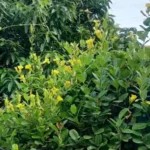
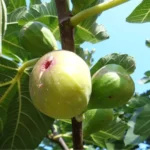
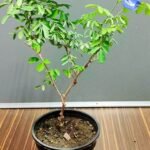
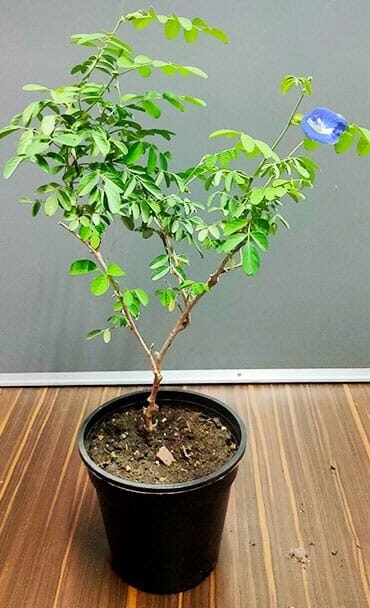
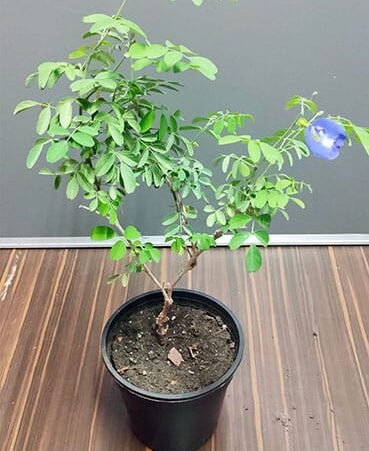
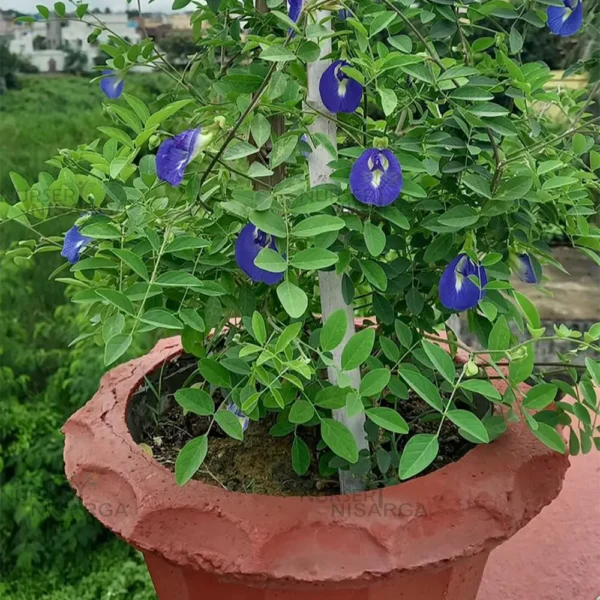
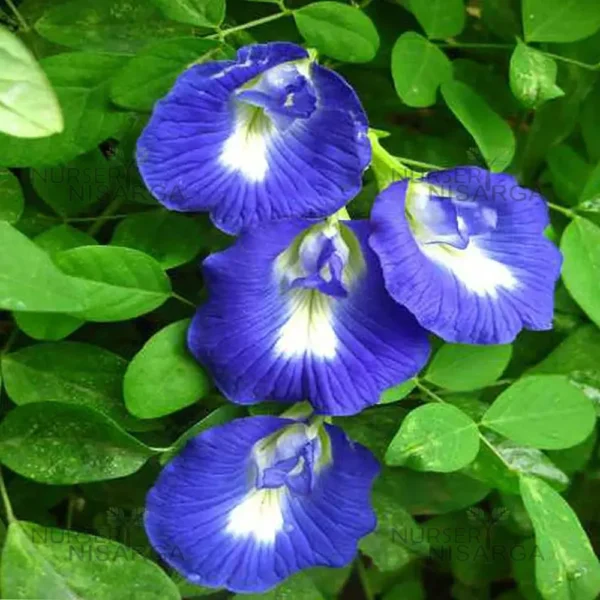
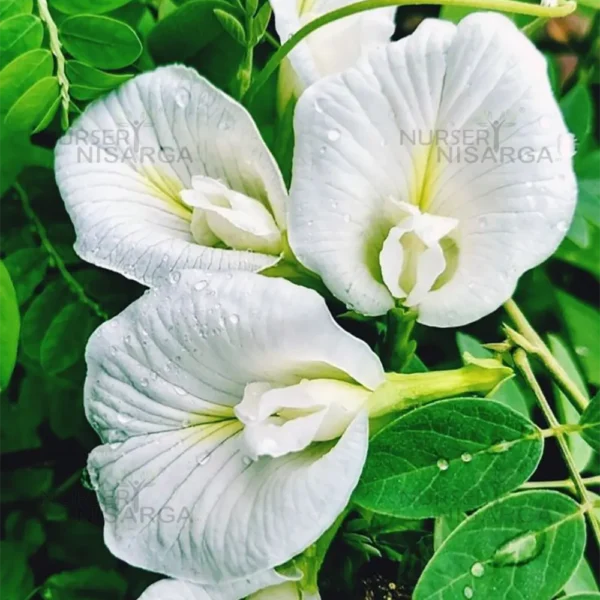
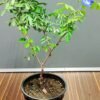
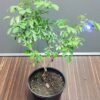
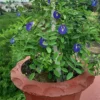
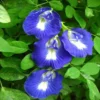
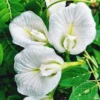
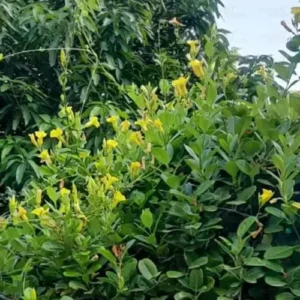
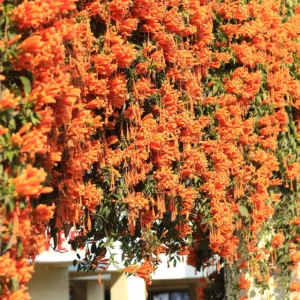
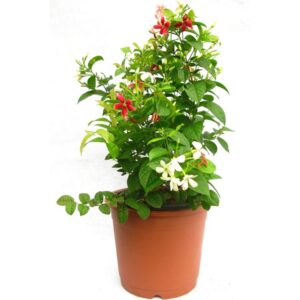
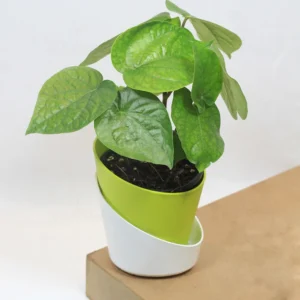
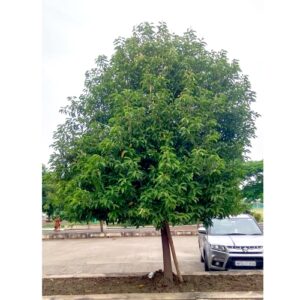
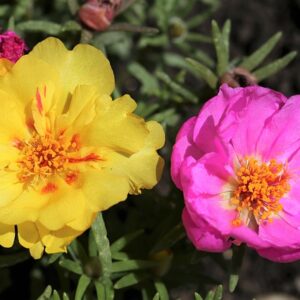


Reviews
There are no reviews yet.